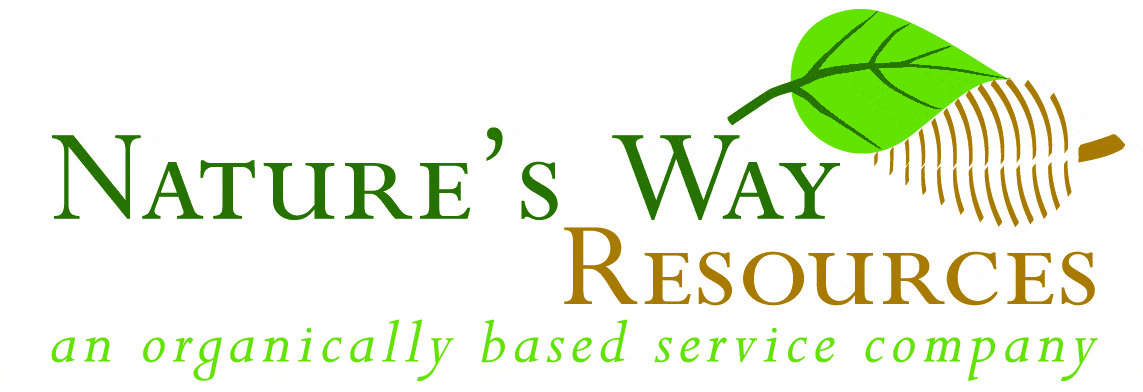John's Corner:
Soil & Plants (Part 203)
News from the Wonderful World of Soil & plants 203
By: John Ferguson
From Dr. Doug Tallamy’s newsletter: (info@homegrownnationalpark.com)
MONARCH BUTTERFLY LISTED AS ENDANGERED by Doug Tallamy
This week the International Union for the Conservation of Nature (IUCN) listed the North American migratory populations of the monarch butterfly as an endangered species. Having declined 75%, 85%, or 95%, depending on which eastern population you are talking about, or over 99% if you are referring to the California monarch, the direction the most iconic butterfly in the world is heading is painfully clear. Monarchs are in trouble both in the north where they breed and in Mexico where they spend the winter months… But there is much we can do as we build Homegrown National Park in the U.S. and Canada to improve the monarch’s chances while it breeds here in the north. LOSS OF HABITAT What is hurting the monarch on our end of its epic migration? Same old, same old: loss of habitat, pesticides, and death by auto collision. By loss of habitat, I mean the loss of the milkweed species, the only plants on which monarch caterpillars can develop, and the loss of fall blooming plants such as asters and goldenrods that provide the nectar fuel needed by migrating monarchs.
Note: In our nursey we have noticed that certain growers are treating their milkweeds with systemic insecticides. When the Monarchs lay their eggs on them and hatch into larva, the caterpillars die. We have had to quarantine several hundred milkweeds until the pesticides were degraded enough where they did not harm the caterpillars.
As this drought/heatwave continues it does have a silver lining, there are a lot less mosquitos than normal. I have read so many research papers over the years that mosquito spraying does not work, kills many non-target beneficial insects like resting butterflies, causes health problems for many people, and is a complete waste of taxpayer dollars. Dr. Doug Tallamy has a very short video on a low-cost and effective way to control mosquitos:
https://www.youtube.com/watch?v=TqcDZDNtP-0
Another tool for preventing mosquitos is repellants made from garlic oil. I have used it for years with great success. All one has to do is mix a few ounces in one gallon of water and place in a pump sprayer. I spray the doorways and areas around my patio where I grill.
It will have a strong scent of garlic for about 30 minutes, which fades away, and we cannot smell it. However, the scent will last for a couple weeks or more depending on the weather at a level that repels mosquitos. It actually interferes with the mosquito’s sense of smell so they cannot hunt effectively for food, so they leave the area.
I do not use it in the garden, as it will repel beneficial insects also. A good brand sold at most garden centers that sell organic supplies is called “Mosquito Barrier” which is stronger than regular garlic oil.
Weeds are often a major issue this time of year as they often seem to grow better in the heat and drought. This is the way nature designed them, to tolerate extremes and correct soil problems.
Most plants we call weeds like disturbed soil with lots of bacteria and little fungi in them. Most of our garden plants, shrubs and trees prefer (require) lots of fungi in the soil to be healthy.
Hence, one of the items a gardener can do is create conditions in the soil that favor fungi and discourage bacteria. Most bacteria need their nitrogen (N) in nitrate form.
Thus, gardeners need to avoid fertilizers that are high in nitrates (ex. ammonium nitrate) or poultry manure and poultry manure fertilizers which are high in nitrate. Another reason to avoid poultry manure products is that they are high in phosphorous (P) and salt.
Too much salt can hurt the growth of many species of plants. The water soluble phosphorous in poultry manure and artificial fertilizers prevents the plant roots from being colonized by the extremely beneficial mycorrhizal fungi. Without mycorrhizal fungi the plants cannot receive needed minor, trace and micronutrients from the soil and are not as healthy as they could be.
This soluble phosphorous easily leaches into our bayous and streams which encourages algae blooms. The algae use up the oxygen in the water killing the organisms that eat mosquito larva. Hence it contributes to our mosquito problem.

